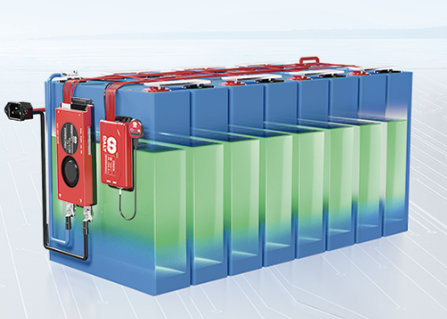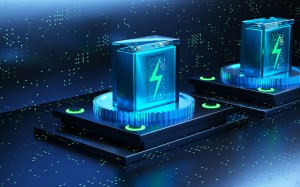1. Can I charge a lithium battery with a charger that has a higher voltage?
It is not advisable to use a charger with a higher voltage than what is recommended for your lithium battery. Lithium batteries, including those managed by a 4S BMS (which means there are four cells connected in series), have a specific voltage range for charging. Using a charger with too high a voltage can cause overheating, gas buildup, and even lead to thermal runaway, which can be very dangerous. Always use a charger designed for your battery’s specific voltage and chemistry, such as a LiFePO4 BMS, to ensure safe charging.

2. How does a BMS protect against overcharging and over-discharging?
The BMS performance is crucial for keeping lithium batteries safe from overcharging and over-discharging. The BMS constantly monitors the voltage and current of each cell. If the voltage goes above a set limit while charging, the BMS will disconnect the charger to prevent overcharging. On the other hand, if the voltage drops below a certain level while discharging, the BMS will cut off the load to prevent over-discharging. This protective feature is essential for maintaining the battery's safety and longevity.
3. What are the common signs that a BMS may be failing?
There are several signs that might indicate a failing BMS:
- Unusual Performance: If the battery discharges faster than expected or doesn’t hold a charge well, it might be a sign of a BMS problem.
- Overheating: Excessive heat during charging or discharging can indicate that the BMS isn’t managing the battery’s temperature properly.
- Error Messages: If the battery management system shows error codes or warnings, it’s important to investigate further.
- Physical Damage: Any visible damage to the BMS unit, such as burned components or signs of corrosion, could indicate a malfunction.
Regular monitoring and maintenance can help catch these issues early, ensuring the reliability of your battery system.


4. Can I use a BMS with different battery chemistries?
It is important to use a BMS that is specifically designed for the type of battery chemistry you are using. Different battery chemistries, like lithium-ion, LiFePO4, or nickel-metal hydride, have unique voltage and charging requirements. For example, a LiFePO4 BMS may not be suitable for lithium-ion batteries due to differences in how they charge and their voltage limits. Matching the BMS to the specific chemistry of the battery is essential for safe and efficient battery management.
Post time: Oct-11-2024




